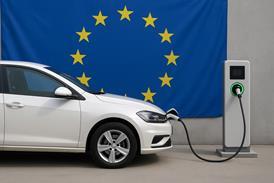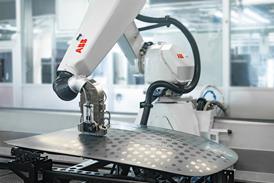.jpg)
It is a fortunate coincidence that since the dawn of commercial air travel, there has been a period of reduced volcanic activity. Fortunate in the fact that many of us have now had first-hand experience of the disruption that a volcanic eruption can cause. In my own case, I was on a business trip in Brazil when my return flight to the UK was cancelled.
Automotive production was also affected by the closing of European airspace. BMW had to halt manufacturing activities at its plants in Dingolfing, Regensburg and Munich as the just-in-time delivery of electronic components came to an abrupt stop; the three plants produce an average of 7,000 vehicles per day. Like BMW, Nissan was also forced to stop production at its plants in Kanagawa and Fukuoka, Japan, as the flights that would normally ship pneumatic sensors from a factory in Ireland were grounded. The average output for these plants is 2,000 vehicles per day.
While some have claimed that the consequences of the ash cloud have highlighted an unnecessary dependence on air travel, the idea of ‘dependence’ would imply that there is an alternative. In most cases, there is not. For suppliers delivering these parts to BMW and Nissan, the high value, small size and low weight of these parts make them ideal candidates for air freighting to the required destination. The problem is not choosing to air freight these parts. Instead, it is the possibility that these parts cannot be air freighted due to circumstances beyond the control of the supplier. In an interview with AMS, Dr. Reinhold Neitzel, Director of Assembly at Porsche’s Zuffenhausen plant remarked: “If just one supplier fails to deliver, you have to stop the line". It goes without saying that there is no design redundancy in modern vehicles.
As there are no non-critical parts, why not off-set the risk? Supply contracts could require local part production. Even if the supplier does not have the capital to fund a remote production site, then a regional sub-contracter could deliver the required items. After all, if carmakers are willing to hand over responsibility for module delivery, then a Tier supplier could do the same for individual parts. In Europe it costs an estimated
































